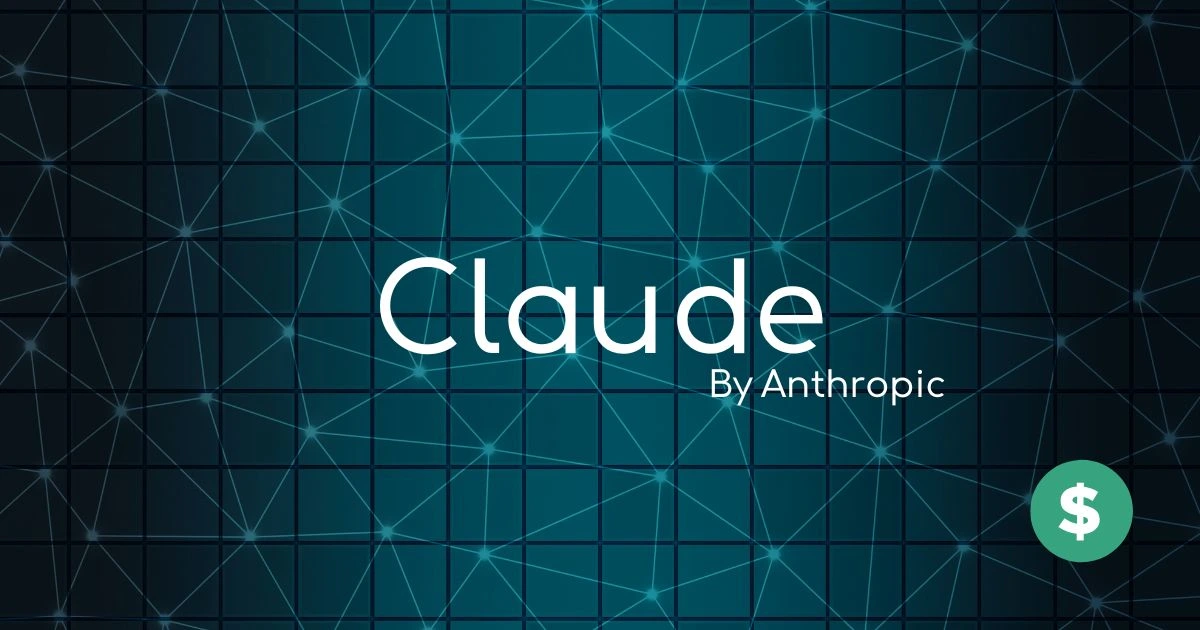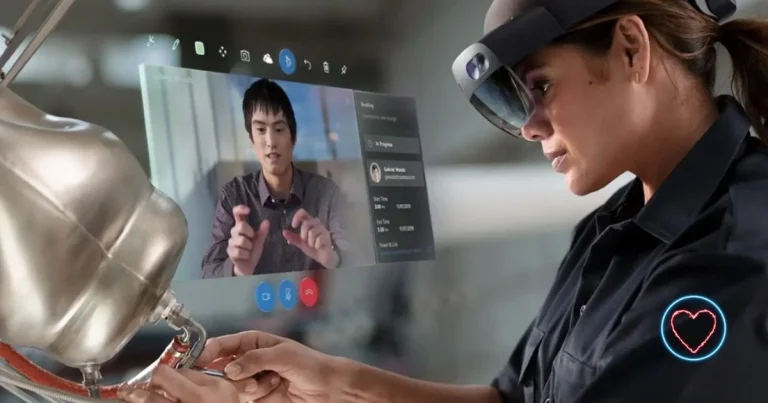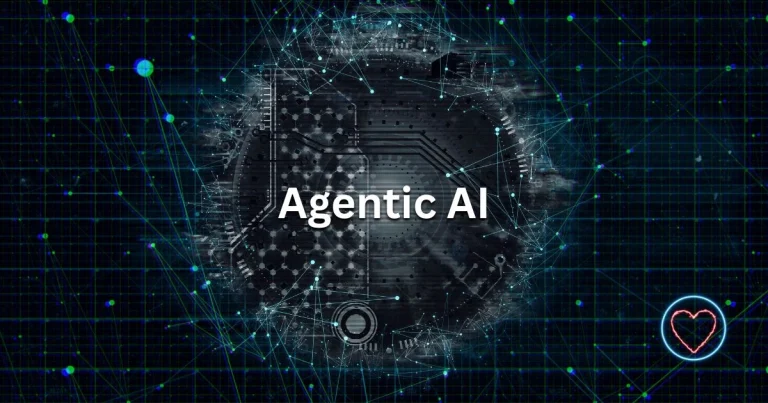Claude AI in the Enterprise Revolutionizing Business with Responsible AI
In an era where artificial intelligence (AI) is rapidly transforming how businesses operate, one name increasingly stands out: Claude AI. While many of its rivals focus purely on performance, Claude, by contrast, positions itself as a more “steerable” and less unpredictable system—making it particularly well-suited for enterprise use.
As companies across sectors race to integrate AI into workflows, Claude’s unique blend of natural language understanding, safety features, and transparency is gaining traction. Consequently, from streamlining customer support to drafting reports, analyzing data, and coding, Claude AI is becoming an invaluable co-worker in the modern enterprise.
What Is Claude AI?
Claude AI is a family of conversational AI models created by Anthropic, a San Francisco–based AI safety research company. Named presumably after Claude Shannon, the father of information theory, the model was built to be helpful, honest, and harmless. Moreover, unlike some earlier LLMs that occasionally “hallucinate” or provide biased outputs, Claude was trained using constitutional AI—a method focused on aligning the model with human intentions and ethical principles.
Anthropic released Claude 1 in early 2023, followed by more advanced versions like Claude 2 and, most recently, Claude 3 in 2024–2025. These models now compete with OpenAI’s ChatGPT, Google’s Gemini, and other enterprise-ready systems, offering powerful natural language capabilities.
Why Claude AI Appeals to Enterprises
Enterprises need AI that does more than just sound intelligent—they need tools that are reliable, safe, explainable, and easy to integrate. As a result, Claude’s architecture and training methodology have made it particularly attractive for companies seeking scalable, trustworthy automation.
1. Safety and Compliance
Claude was designed with safety and ethical alignment at its core. Its training process includes human feedback and rules-based principles, which help reduce the chances of generating harmful or non-compliant content. Therefore, for regulated industries like finance and healthcare, this proves to be a game-changer.
2. Customizable Workflows
Organizations can integrate Claude into enterprise platforms and tailor it for specific business functions—whether it’s drafting legal documents, analyzing spreadsheets, or writing technical code. APIs and plug-ins further support deep customization.
3. Natural Collaboration
Unlike more rigid AI models, Claude excels at maintaining coherent, context-aware conversations over long interactions. As a result, this enables smoother human–AI collaboration in meetings, planning, and content creation.
Use Cases: Claude AI in the Real World
1. Customer Support Automation
Many businesses deploy Claude AI in their customer service departments. It handles live chats, email responses, and troubleshooting with human-like empathy and accuracy—while respecting privacy protocols. Because it understands context and nuance, Claude significantly reduces customer frustration compared to rule-based bots.
2. Knowledge Management
Claude functions as a dynamic knowledge base assistant. Enterprises can feed internal documents, wikis, and training material into Claude, enabling employees to ask natural-language questions such as “What’s our reimbursement policy for client travel?” and receive accurate answers instantly.
3. Report Generation & Summarization
For companies that regularly produce reports—such as marketing agencies, legal firms, and consultancies—Claude can generate, summarize, or proofread large documents. Teams already use it to synthesize meeting notes, draft proposals, and analyze competitor data.
4. Code Review & Generation
Engineers leverage Claude to review code, identify bugs, suggest optimizations, and generate clean snippets in languages like Python, Java, and JavaScript. Because of its understanding of large codebases and ability to follow documentation guidelines, Claude serves as a preferred assistant for development teams.
5. HR and Onboarding
In human resources, Claude helps draft job descriptions, answer applicant questions, and streamline onboarding documentation. This ensures consistency and allows HR professionals to focus more on people and less on paperwork.
Integration with Enterprise Tools
Claude AI is accessible via API and has growing compatibility with enterprise ecosystems such as:
- Slack: Claude integrates into Slack to assist teams in real-time with writing help, code generation, or decision support.
- Microsoft Office 365: Through third-party plug-ins or custom development, Claude supports writing and editing in Word, generating PowerPoint slides, and processing Excel data.
- CRMs like Salesforce: Claude helps draft emails, personalize customer interactions, and automatically log conversations.
- Notion, Jira, and Confluence: Claude acts as an AI project manager—writing updates, organizing tasks, and even generating product documentation.
As Anthropic continues building partnerships and offering fine-tuning options, these integrations are expected to deepen.
Benefits of Using Claude AI in the Enterprise
✅ Improved Productivity
By automating repetitive tasks such as document generation, data analysis, and customer communication, Claude enables employees to focus on strategic thinking and innovation.
✅ Better Decision-Making
Claude synthesizes large volumes of information and provides actionable summaries. Consequently, this enhances executive and managerial decision-making.
✅ Cost Savings
Although initial integration requires investment, long-term use of Claude significantly reduces operational costs across support, content creation, and administrative tasks.
✅ Scalability
Claude performs multiple tasks simultaneously, allowing enterprises to scale operations without proportionally increasing staffing.
✅ Employee Empowerment
Rather than replacing workers, Claude serves as an intelligent assistant—helping employees feel more capable and supported in their roles.
Challenges and Considerations
Despite its advantages, deploying Claude AI presents a few challenges that enterprises must navigate carefully.
⚠️ Data Privacy and Security
Enterprises must ensure that sensitive data processed by Claude remains secure and compliant with GDPR, HIPAA, or local data protection laws. Anthropic has made significant progress in offering secure cloud deployments, but due diligence remains essential.
⚠️ Training and Change Management
Integrating Claude into workflows requires both staff training and change management strategies. Not all employees may be immediately ready to collaborate with AI, and resistance or misuse can occur.
⚠️ Cost and ROI Uncertainty
While Claude offers substantial capabilities, enterprises must carefully monitor return on investment. Subscription costs, integration fees, and ongoing support expenses can accumulate if not managed effectively.
⚠️ Bias and Accuracy
Even though Claude’s responses are generally well-aligned, they are not infallible. Enterprises must implement human oversight in critical applications to monitor for bias or inaccuracies.
Claude AI vs. Other Enterprise AI Tools
| Feature | Claude AI | ChatGPT (OpenAI) | Gemini (Google) | Mistral AI |
|---|---|---|---|---|
| Focus | Safety, alignment | Versatility, speed | Multimodal, search | Open-source models |
| Best For | Regulated sectors | General-purpose | Research, documents | Developers, research |
| Model Strength | Long-context, safety | Creative writing | Strong data retrieval | Lightweight models |
| Transparency | High | Medium | Medium | Medium–High |
Claude’s strength lies in its balance of capability and caution. Therefore, it is ideal for enterprise-grade applications that require high standards of reliability.
Looking Ahead: The Future of Claude in Business
The role of Claude AI in enterprise will likely expand in three major directions:
1. Deeper Personalization
Anthropic is working to let organizations fine-tune Claude with their own data. This could result in customized AI assistants for legal, finance, HR, or customer service departments.
2. Agentic Workflows
Future versions of Claude may feature more autonomous behaviors—such as completing multi-step tasks without constant prompting, including booking travel or managing entire projects.
3. AI Governance Tools
To help enterprises remain compliant and ethical, Claude is expected to offer more tools for output monitoring, usage boundaries, and activity auditing.
Conclusion
Claude AI is rapidly becoming a trusted partner for enterprises aiming to innovate responsibly. Its unique focus on safety, alignment, and usability sets it apart from competitors. This makes it especially valuable in sectors that prioritize accuracy, compliance, and trust.
As more organizations adopt Claude, it’s not only transforming how tasks are completed—it’s also reshaping how companies think about intelligence, collaboration, and the future of work.
Therefore, enterprises that embrace this evolution today will be better equipped for tomorrow’s intelligent economy—where AI is not just a tool, but a true teammate.






